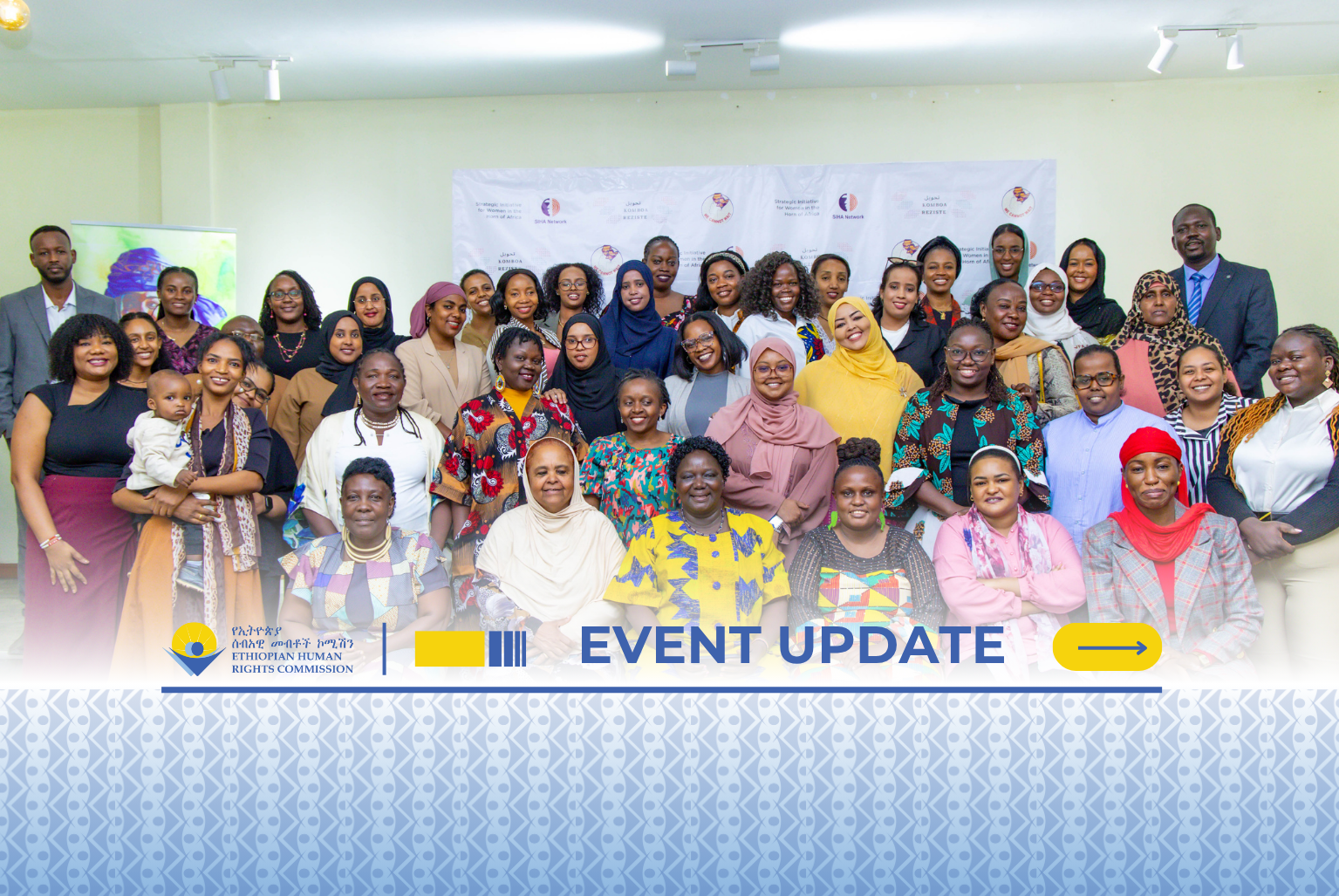The Ethiopian Human Rights Commission (EHRC) participated in the Regional Conference on Revitalizing Advocacy for Family Law Reform and Strengthening Regional Collaboration to Counter Backlash Against Women’s Rights in the Greater Horn of Africa, held in Kampala, Uganda, from May 28-29, 2025.
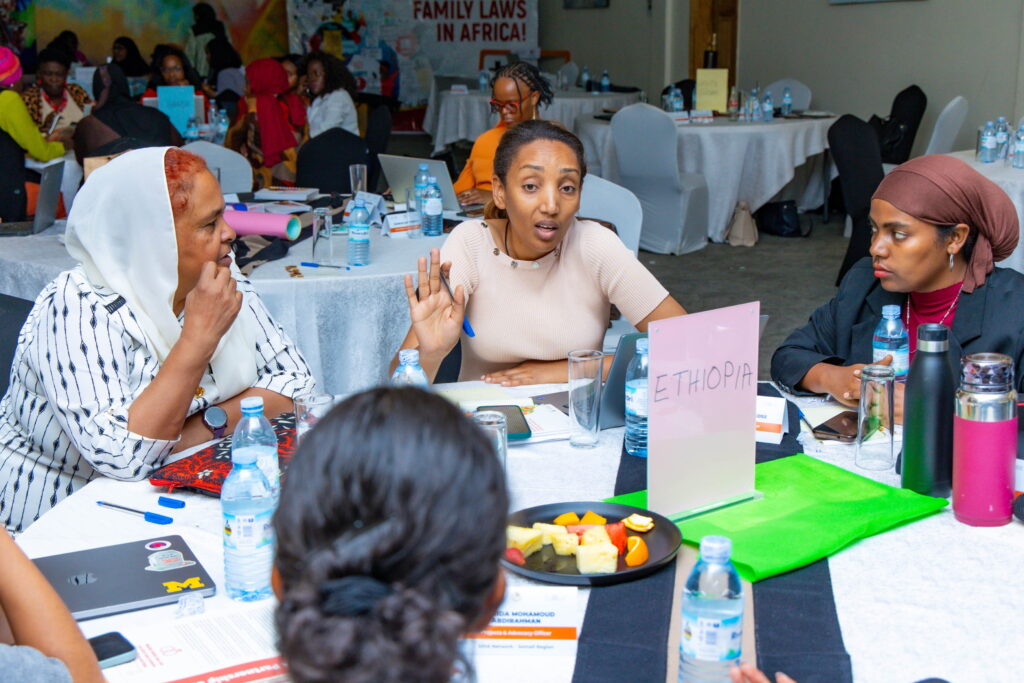
Organized by Strategic Initiative for women in the Horn of Africa (SIHA) and partners of the Africa Family Law Network (AFLN), the conference brought together government representatives, national human rights institutions, scholars specializing in family law, women’s rights organizations, grassroots activists, community and religious leaders, persons with disabilities and influential community actors across GHOA.
The conference aimed to assess the current state and content of family laws in the Greater Horn of Africa, examine the anti-gender and anti-rights backlash shaping family law reform, promote cross country dialogue and exchange on progressive legal practices, strengthen women focused approaches to legal reform and support the development of tailored advocacy strategies for states from the greater horn of Africa region participated in the event.
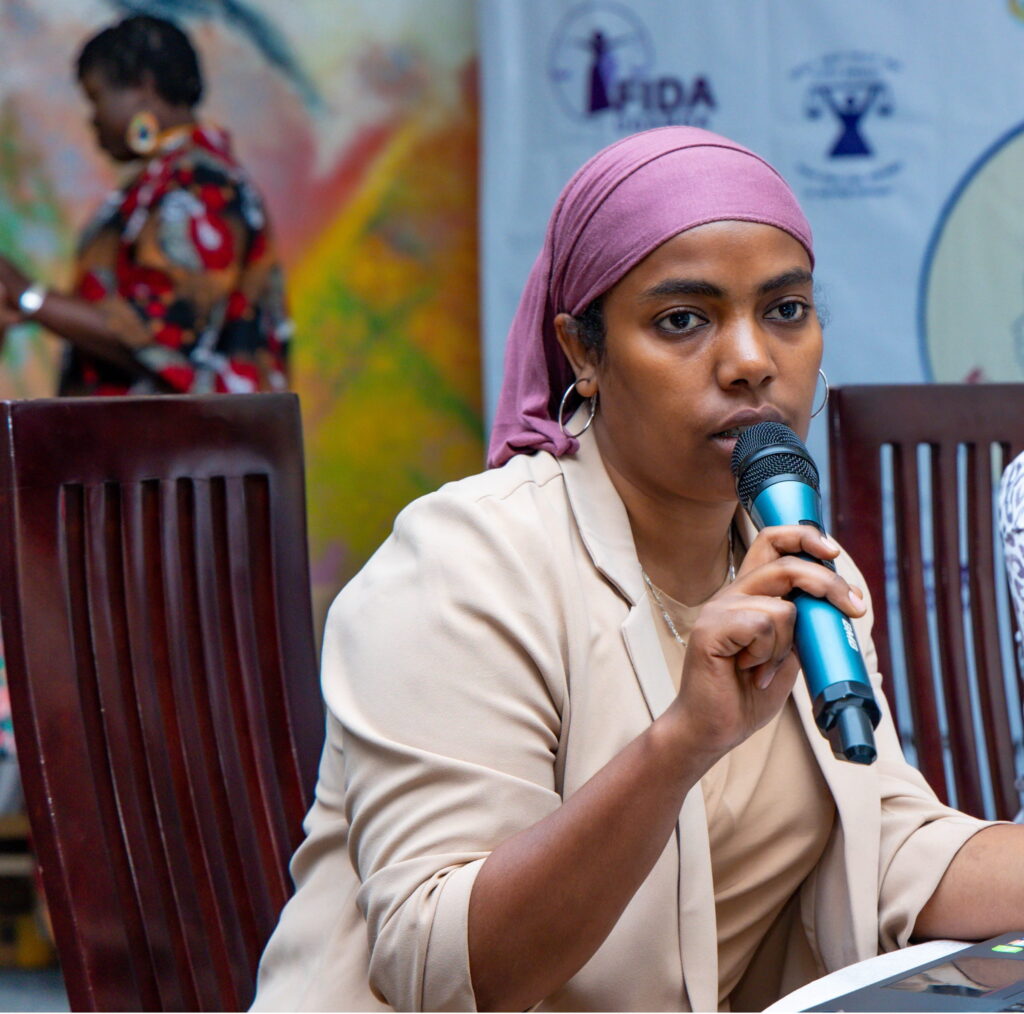
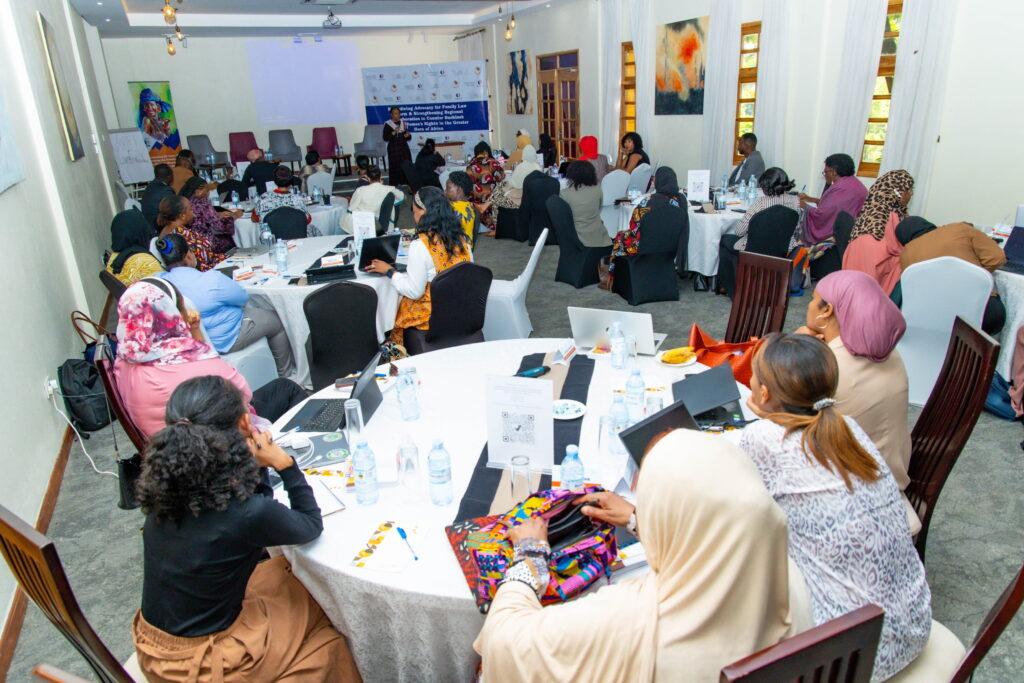
EHRC was also represented in the panel discussion titled “Challenges and Updates in the Transformative Family Law Reform’ and presented both positive developments and challenges in enacting and implementing family laws that protect and promote women’s rights in the country. The presentation highlighted the significant legal reform in Ethiopia in 2000, marked by the revision of the family law provisions of the 1960 Civil Code to align with gender rights principles enshrined in the federal constitution. The Revised Federal Family Law reinforced the constitutionally recognized equality of spouses during the conclusion, duration and dissolution of marriage. While most regional states in Ethiopia have since adopted family laws aligned with the principles of gender equality and other human rights standards, some regions, including Afar and Somali, have not yet adopted family laws. Moreover, challenges remain nationwide in ensuring the effective implementation of available frameworks. EHRC highlighted its ongoing work and collaboration with key stakeholders towards ensuring compliance with gender rights, both in the design and implementation of family laws.
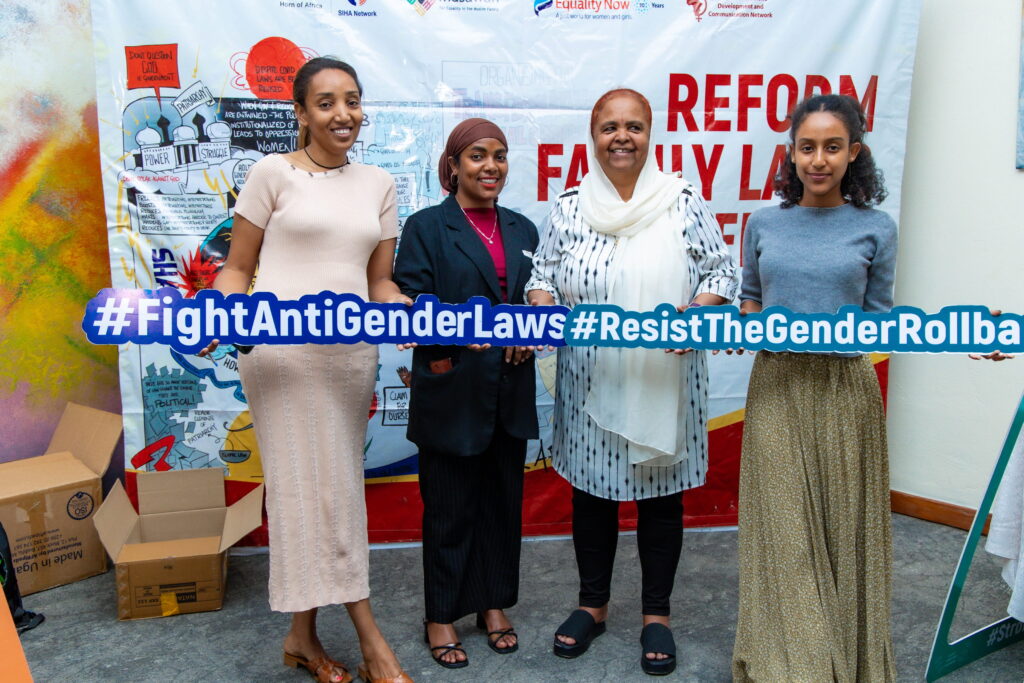
The conference concluded by emphasizing the need for enhanced cooperation among local and regional civil society organizations, human rights institutions and government actors and underscored the importance of country-specific advocacy efforts to advance and enforce gender-sensitive legal frameworks.
